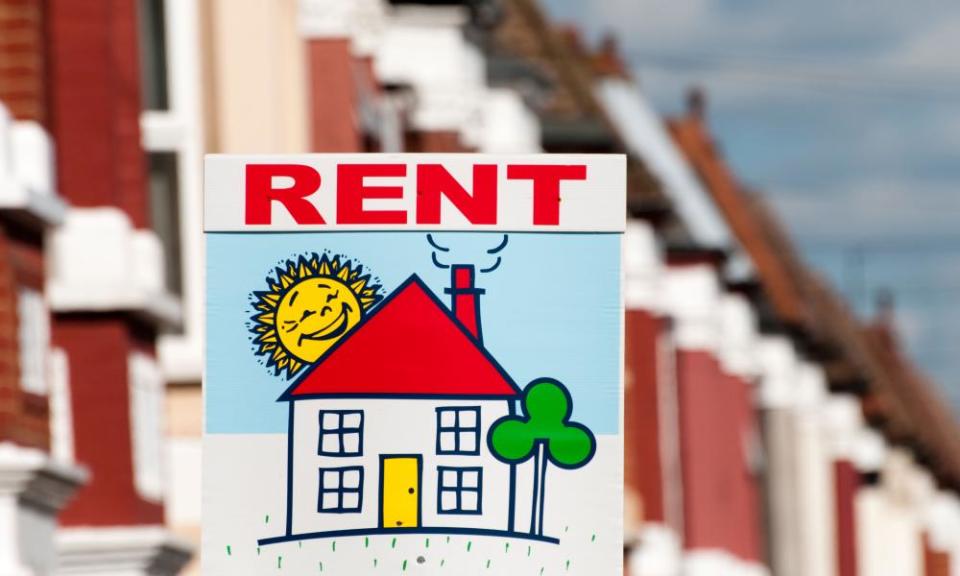We rented out our former home – how much CGT to pay?

Q We are in the process of selling our former family home which has been rented out for the past eight years. We lived there from 1987 until 2012.
The value of the house increased from the £91,500 we paid for it in 1987 to £325,000 in 2012, but has gained only £5,000 since then as we have just accepted an offer of £330,000. As there has been little appreciable gain in price during the time it was let, how is the actual gain calculated? I have assumed that we only pay capital gains tax on the £5,000.
IE
A I’m afraid that you have assumed incorrectly. The value of the property in 2012 is irrelevant and the taxable gain is not £5,000. The gain is £330,000 minus £91,500 minus buying and selling costs – including legal and estate agents’ fees and any stamp duty land tax (SDLT) paid when you bought it.
But some of the gain will be tax-free because the property is your former home.
How much depends on the following calculation: since 6 April 2020, you work out how much of the gain is tax-free by adding nine (it was previously 18) to the number of months you lived in the property and then dividing this figure by the number of months that you owned it and then multiplying by 100.
In your case – and assuming you lived in it for 25 whole years – you lived in the house for 300 months and owned it for 396 months. 300 plus nine is 309 months, divided by 396 and multiplied by 100 that makes 78% of the gain tax-free so only 22% of the gain is subject to CGT.
The first £12,300 of your total taxable gains in a tax year escapes CGT. The amount left after deducting the tax-free slice is charged at 18% if you are a basic-rate taxpayer but 28% if you are a higher- or additional-rate-taxpayer.
Another change since 6 April 2020 is that you have to report and pay any CGT due within 30 days of selling a property. If you don’t, you’ll be fined.

 Yahoo Finance
Yahoo Finance 